Despite your stellar qualifications and positive attitude about finding a new job, the employment interview may still strike fear in your soul. Even some of the most talented job searchers may find an interview to be daunting. Sweaty palms and rapid heartbeat notwithstanding, there are steps you can take to become more self-assured about your interviewing performance:

Take the interview on as a personal challenge and do your best to shine. Remember – a job interview is not a life and death situation. Do your best, but if you do not land the job, move forward and keep perfecting your interview skills until you find the right professional fit.
This article was written by Paul A. Greenberg. It was first published in The New Orleans Times - Picayune, and is reprinted on this web site with their permission.
